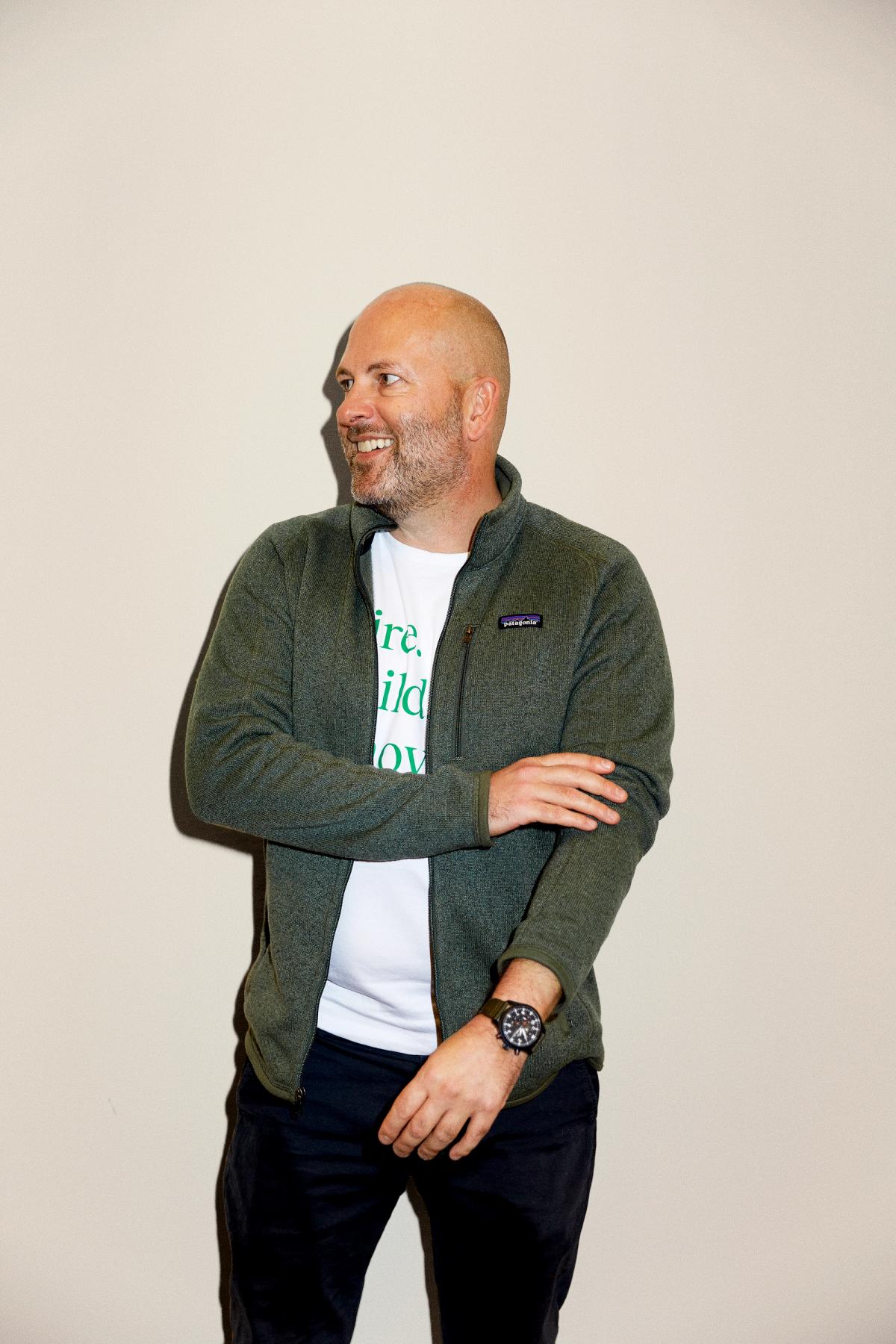Mini retirement in your twenties - the ultimate guide

Many people (probably most people) start their career by getting their first full-time job in their twenties.
After 12-15 years in school, it’s pretty liberating to start working—and, more importantly, to start making actual money. This enables you to save, travel, and perhaps buy your first property. It sounds like the perfect opportunity to work hard and play later - taking time off when you’re finally making good money doesn’t seem like great timing. However, since you will be working longer (for many until you’re +70 years old), now more than ever is the time to make sure that you don’t burn out. If taking 3 months off enables you to work 5 years longer later in life, it might be a great investment.
For some people, the scenario above might look different. The job market has changed dramatically over the past few years, and getting an entry-level position with a decent salary is no longer guaranteed. Many people in their twenties with degrees are now struggling to find a job and are left with the painful choice between a job or a job outside their scope.
There are multiple reasons for demand being lower than a couple of years ago:
Depending on your location, the economy is struggling. The US job market is shaky, China has almost 18 % youth unemployment (which is the official number; the actual number might be a lot worse), the economy in France and Germany is imploding, etc. That affects both demand and salary levels - if companies are not making money, neither will you.
AI is also not helping. Well, it’s helping some people a lot, but for someone fresh out of school who’s not really a specialist in anything yet, chances are that your (white-collar) job function will be affected. Unfortunately, paying 20 $ per month for ChatGPT beats paying you 5-8k $ per month.
Companies are consistently moving towards smaller teams with more senior people, not the other way around. That means fewer entry-level jobs.
Taking time off between jobs (or before starting your first job) might be a great learning experience.
But I have spoken to quite a few candidates who have made the mistake of checking out completely while traveling around Southeast Asia for six months and then slowly starting to apply after coming back. That is a very risky plan in the current market. You might risk 6-12 months of unemployment after coming back, which will not only be costly but will also delay you starting your career. Suddenly, you’ll be competing with other candidates with the same degree who haven’t been out of work for 18 months.
What I would recommend is:
- Get a good understanding of the job market and potential roles before you start traveling.
- Start applying at the beginning of your travels, not at the end.
- Be flexible. While it sounds wonderful to plan a detailed 6-month itinerary, I would split up the six months into four to six bitesize pieces. If your dream job comes along while you’re traveling, you have the option to turn the 6-month plan into a 3-month plan. I would travel the remaining three months when you’re between jobs next time or perhaps have been laid off from a struggling startup (and might still have a salary while traveling).
- Be realistic. If you don’t get interviews after the first three months, I would probably double down and start spending two days per week applying instead of one day per week or adjusting my focus.
- Observe the world changing around you. A Volkswagen worker in Germany makes 67 $ per hour on average - three times the same Volkswagen employee in Hungary or three times the same employee working in automotive in the US. Is that going to last? I don’t think so. If you see that your original plan is not happening, make a different plan. And since the world is changing so fast around us, you might as well get used to it.
Save travels, and make sure to enjoy your time off!

Insight by Bjørn Andersen
Bjørn Andersen
CEO & Founder
CEO & Founder